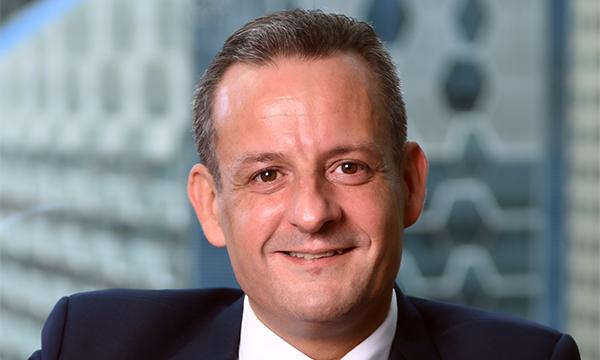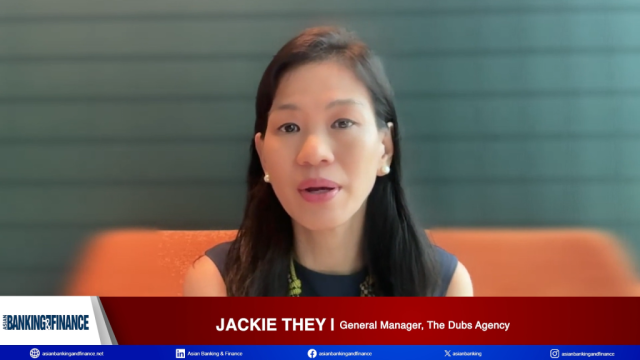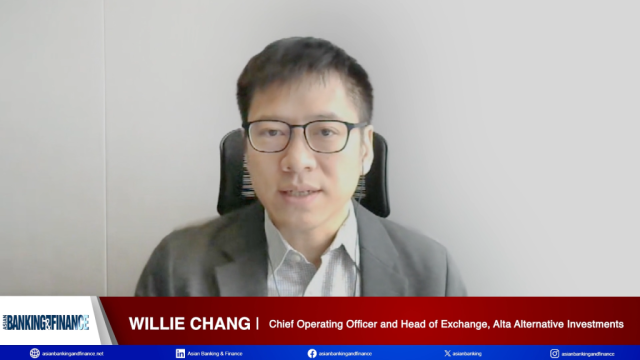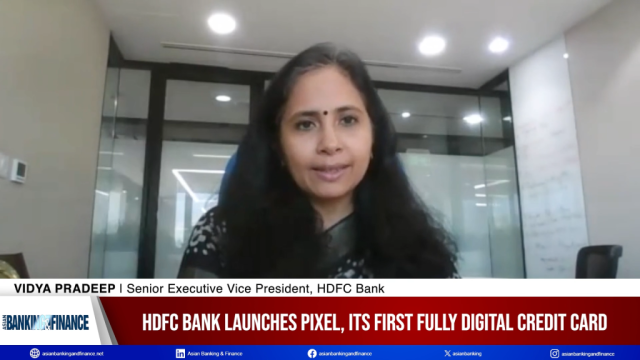
SWIFT's Michael Moon on shaking the dust off the global cross-border payment process
SWIFT gpi promises speed, traceability and transparency as it helps usher in a new era of payments.
Michael Moon is the Managing Director, Payments, Trade & Communications, APAC at SWIFT where he is responsible for the development of the company’s payment business and for delivering clearing and settlement solutions in both the high value and retail payments sectors. In an exclusive interview with Asian Banking & Finance at the sidelines of Sibos 2018 in Sydney, Moon makes a case for SWIFT gpi, opportunities and challenges as well as new frontiers to overcome.
How many banks are currently part of the SWIFT network?
There are over 11,000 institutions, including 2,000 large corporations, connected to the SWIFT network. In Asia Pacific, we have about 3,000 institutions. If you take Southeast Asia, we have about 700 or 800 banks.
The way the network works is that each day we’re transacting somewhere between 30 and 35 million live messages and a further 100 million messages in files over the network. We offer our network for financial messaging at the lowest financial cost.
Typically, it costs about 2 or 3 euro cents for the carrying of one message. Importantly, the network technology is very fast. I can pick up a message here in Sydney and the network can carry that message to Beijing to London to New York in two or three seconds.
How do you see this network further expanding into the region in the coming months?
We’re investing a lot in Asia. We’ve been investing in our people, we’ve been investing in the services that we have in Asia. In China, we have 500 customers. We have about 50 in Thailand, similar number in Malaysia, 200 connections in Singapore and similar numbers in Hong Kong.
Also read: APAC banks to launch cross-border real-time payments via SWIFT gpi
We also operate a large office in Kuala Lumpur, Malaysia. which is our second largest employing center globally after our office in Belgium. We’ve actually doubled our presence in the region in the last five years.
What are the major challenges of banks in cross-border payments and how does SWIFT address these?
The reality is that the problem is in the environment within the banks themselves. When you do cross-border payments, banks have to do compliance, AML, reporting, liquidity management, foreign exchange services - activities which I call business process frictions. In the past, payments were very slow, not traceable and not transparent with regards to fees. So in a world where you can track an Amazon parcel from a US warehouse to your front door step through a DHL or a FedEx service, in the past you weren’t able to do that with payments.
So we’ve introduced traceability to payments. Each payment in gpi gets a unique tracking identifier and this is about one year old now. Payments also need to carry rich information, such as invoice numbers, in order to ease reconciliation. This wasn’t really happening in the past but it is permitted by gpi. It’s a major innovation and transformation and probably the biggest thing that happened to cross-border payments in decades.
Right now, we have 360 banks that have joined the SWIFT gpi service. We went live with gpi in May 2017 so in a little over one and a half years, we’ve completed one hundred million gpi payments and we’re doing about one million gpi payments per day.
That’s gpi - it’s designed to take away those business process frictions in the bank environment and provide a new service level in terms of speed, transparency traceability and information.
With the participation of 12 banks, SWIFT was able to successfully trial instant cross-border payments using the newly launched New Payments Platform in Australia. Can you tell us more about this development?
When we spoke to the banks, there was one major thing driving the speed of payments - it was the availability of the banks and their opening hours in their recipient market.
There’s a 3-hour time difference between Beijing and Sydney. If you’re a bank in China and sending on behalf of a customer at 1:00, it reaches Sydney at 4:00 when banks and their operating processes and systems are effectively closing. So the payment has to wait until the next day.
What we did with this test is with the NPP and banks in Australia, they provided an extended operating hour basis, the ability to process incoming payments to Australia through that instant payments platform. The fastest payments was 18 seconds - from China to a bank in Australia through the NPP to another bank.
We also tested corridors between Thailand and Australia, Singapore and Australia. All of those payments were under 30 seconds too. We’ve tested the ability to process through the new payments platform; we think we can do the same thing for Singapore’s FAST System, Thailand’s PromptPay and Hong Kong’s Faster Payment System to connect cross-border payments with these domestic systems.
What other innovations are in the pipeline for SWIFT?
You need to believe in a future that is open, fast, information-rich and always available. The next big things that are coming, we work with all of that. If you look at openness, one area that we’re investing in is API technologies so we can access API to use different technologies provided by third-party or fintechs.
We want to scale that globally, particularly focusing on major corridors and delivering these cross border payments on a very fast basis. We have to believe that the future looks like that and start building towards that as well.























 Advertise
Advertise







